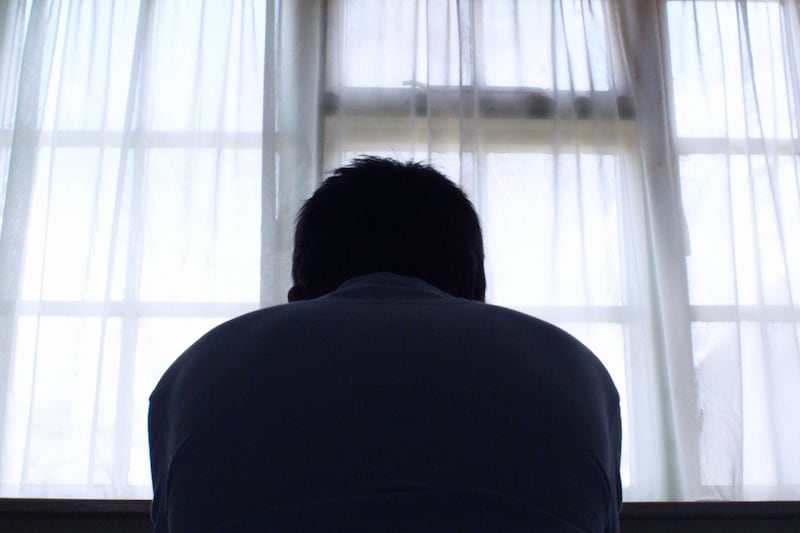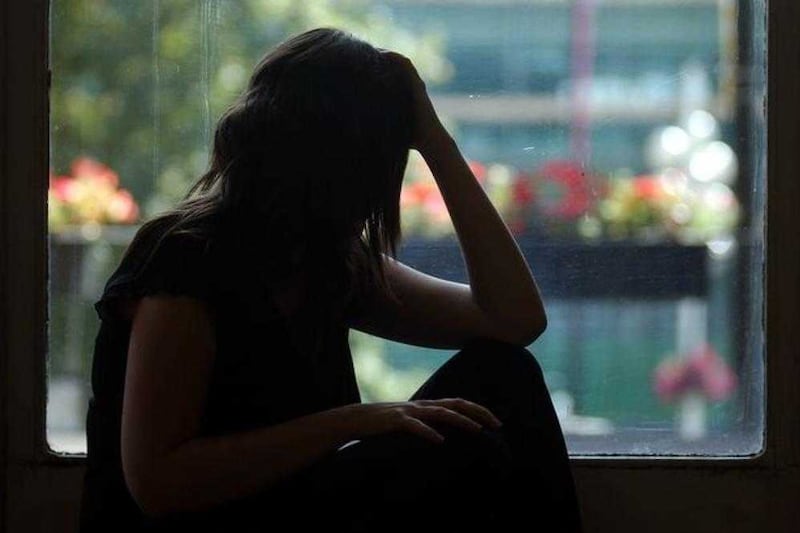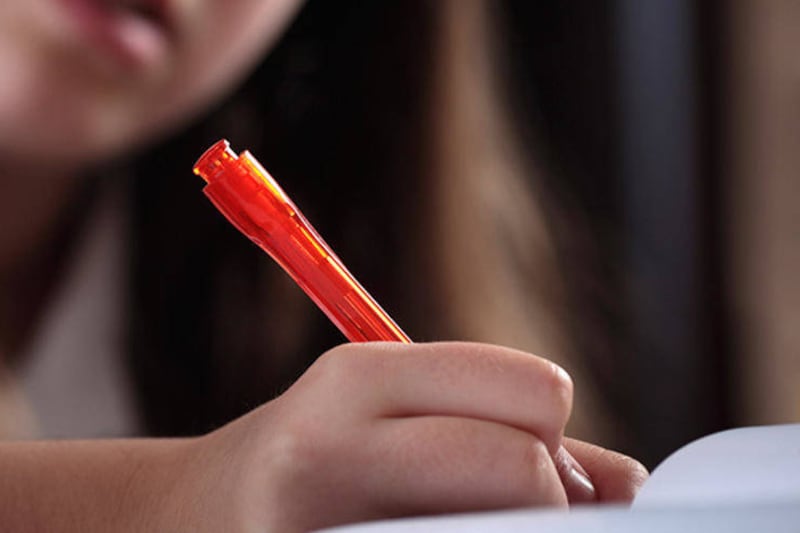CHILDREN in care are massively underachieving in schools - but the performance gulf between looked-after pupils and their peers is narrowing.
Fewer than one in every three looked-after pupils achieved five or more good GCSEs last year compared to 82 per cent generally, according to a newly-published government figures.
The Children in Care in Northern Ireland statistical bulletin showed that many struggled in the classroom but cautioned that issues including special educational needs (SEN) influenced their schooling.
The bulletin, published by the Department of Health, presented a range of information on young people who had been looked-after continuously for at least 12 months by the end of September last year.
This included details about educational achievements in key stage assessments and also GCSE/GNVQ.
Of the children who had been looked-after for a year or more in 2013/14, 1,551 were of school age.
The report found that in general, these children did not perform as well as their peers on either primary school key stage or GCSE/GNVQ assessments.
The GCSE grades achieved were significantly lower than the overall school population - 29 compared to 82 per cent achieving five or more grades A*-C. However, there was a two percentage point increase in the number of children who reached this benchmark than in 2012/13.
The gap between those in care and their peers who achieved any five GCSE passes also narrowed slightly by three percentage points. Almost half (49 per cent) of looked-after children attained at least five GCSE/GNVQ at grades A*-G last year; this compared with 98 per cent of the general school population.
This was inflated, the report guided, due to the large number of pupils with SEN statements - 26 per cent compared to just 5 per cent generally.
In addition, 8 per cent of the pupils in question changed school at least once during 2013/14.
Department of Education officials have previously said it is ironic that young people in the care of the state struggle in publicly funded schools.
Education minister John O'Dowd has said he wants looked-after children to achieve their best and has acknowledged that "they might need a bit of extra support to help them do that".
From 2014, schools that have looked-after children on their register have been receiving additional funding to help provide specific support to those pupils. The minister is also developing a policy for children in care.
"My clear priority is to create an education service that ensures that everyone, including looked after children, receive a high-quality education and make sure that it is the needs of all our young people that are to the fore," he said.
"The educational outcomes for looked after children are concerning. That is why I have asked my officials to develop a policy for the education of looked after children. This work is ongoing, in partnership with a number of key stakeholders, including young people themselves. The policy will be published during the 2015/16 school year."







